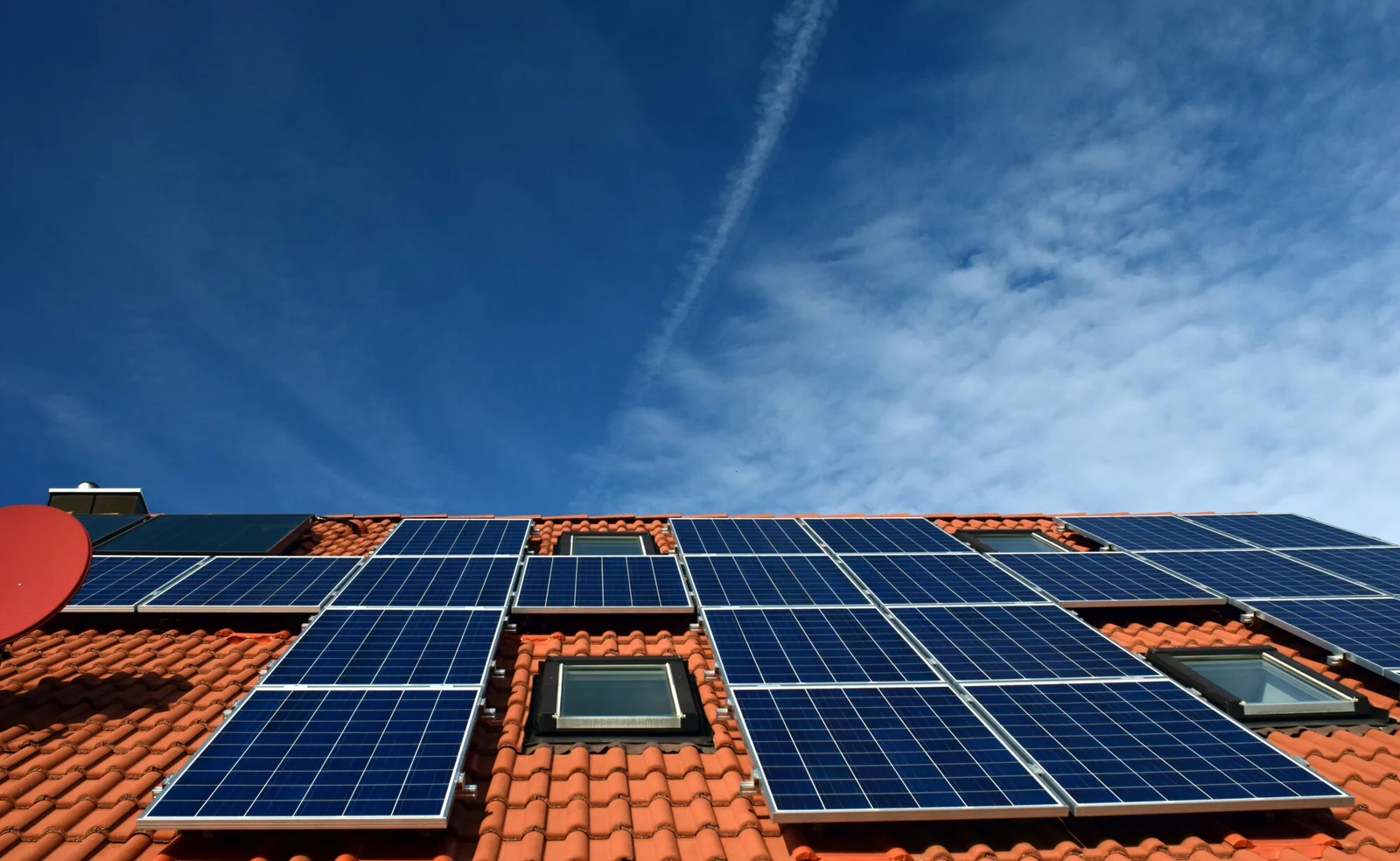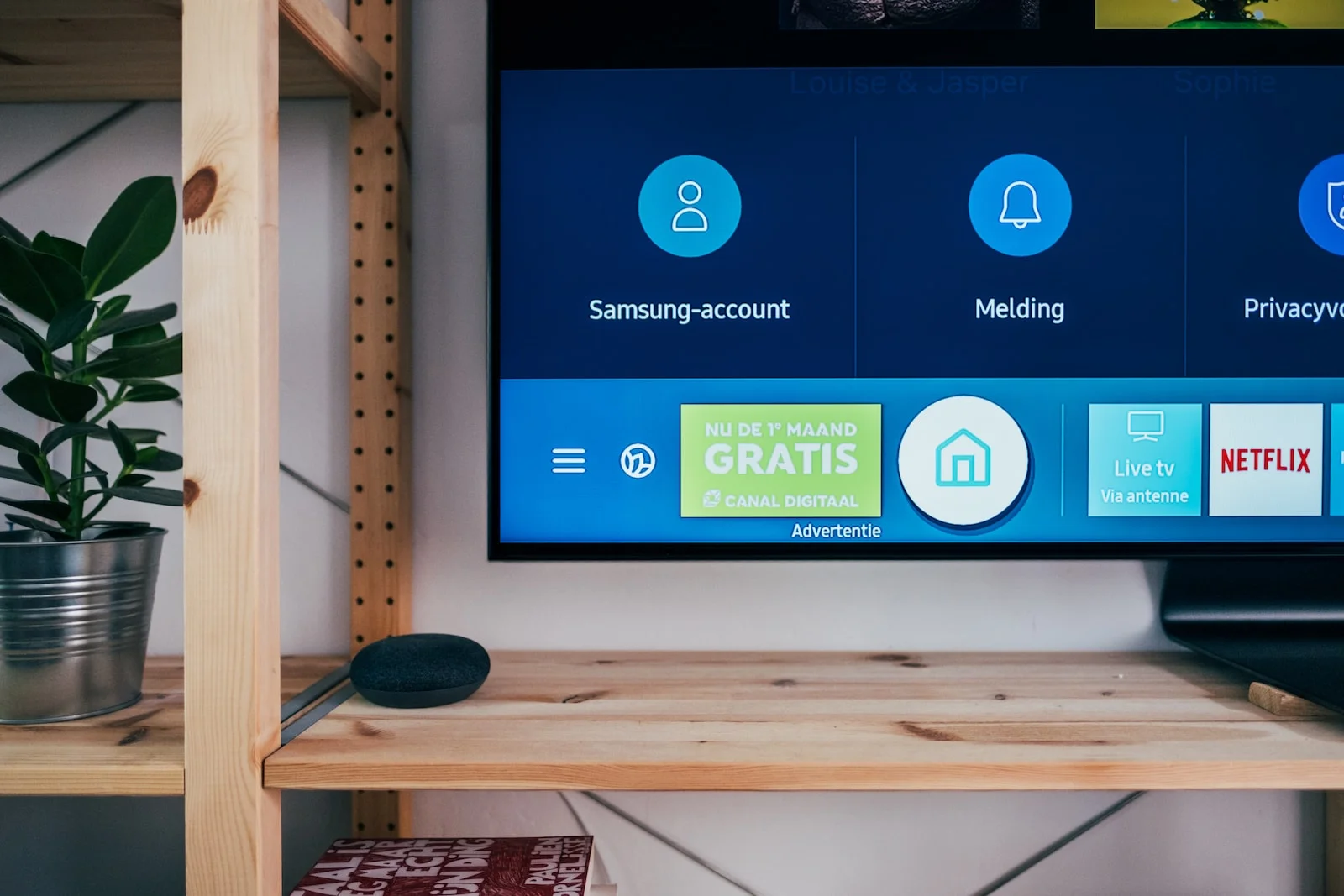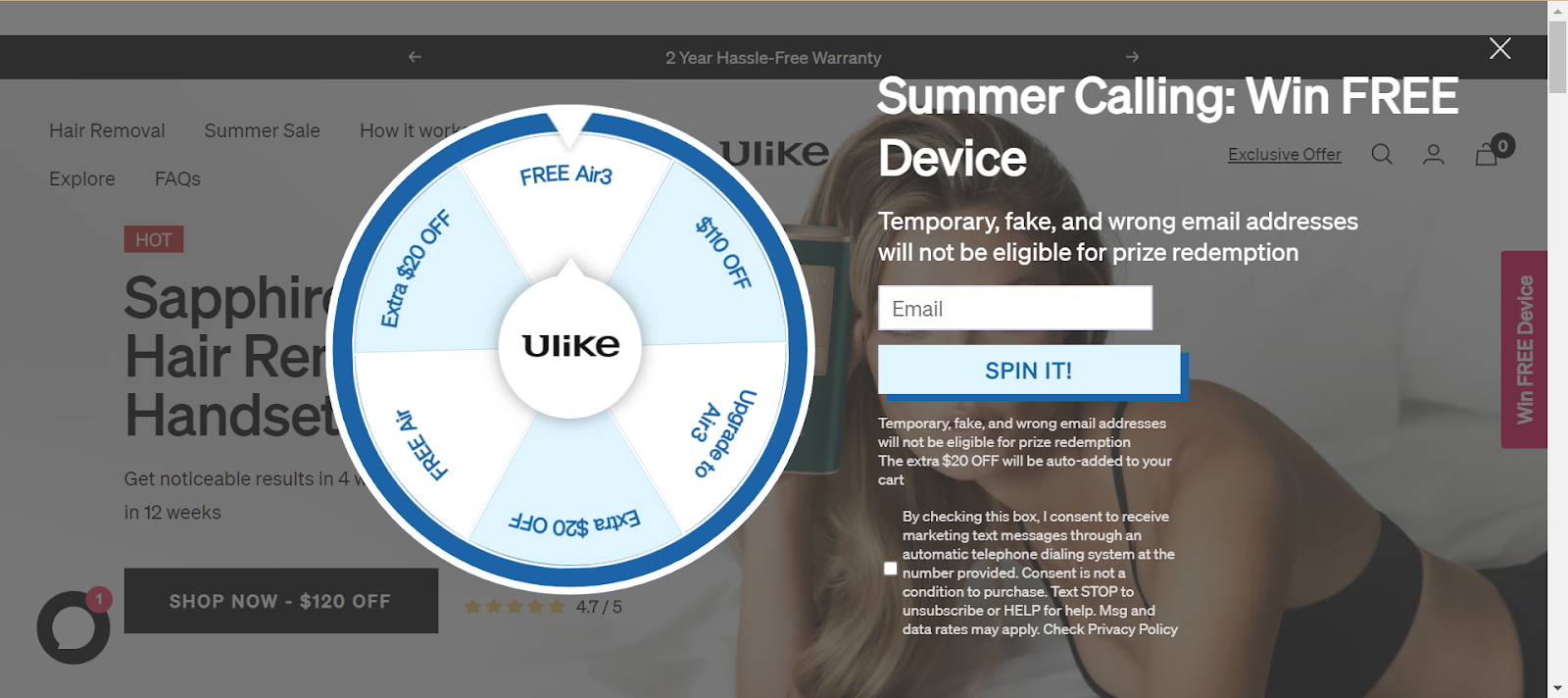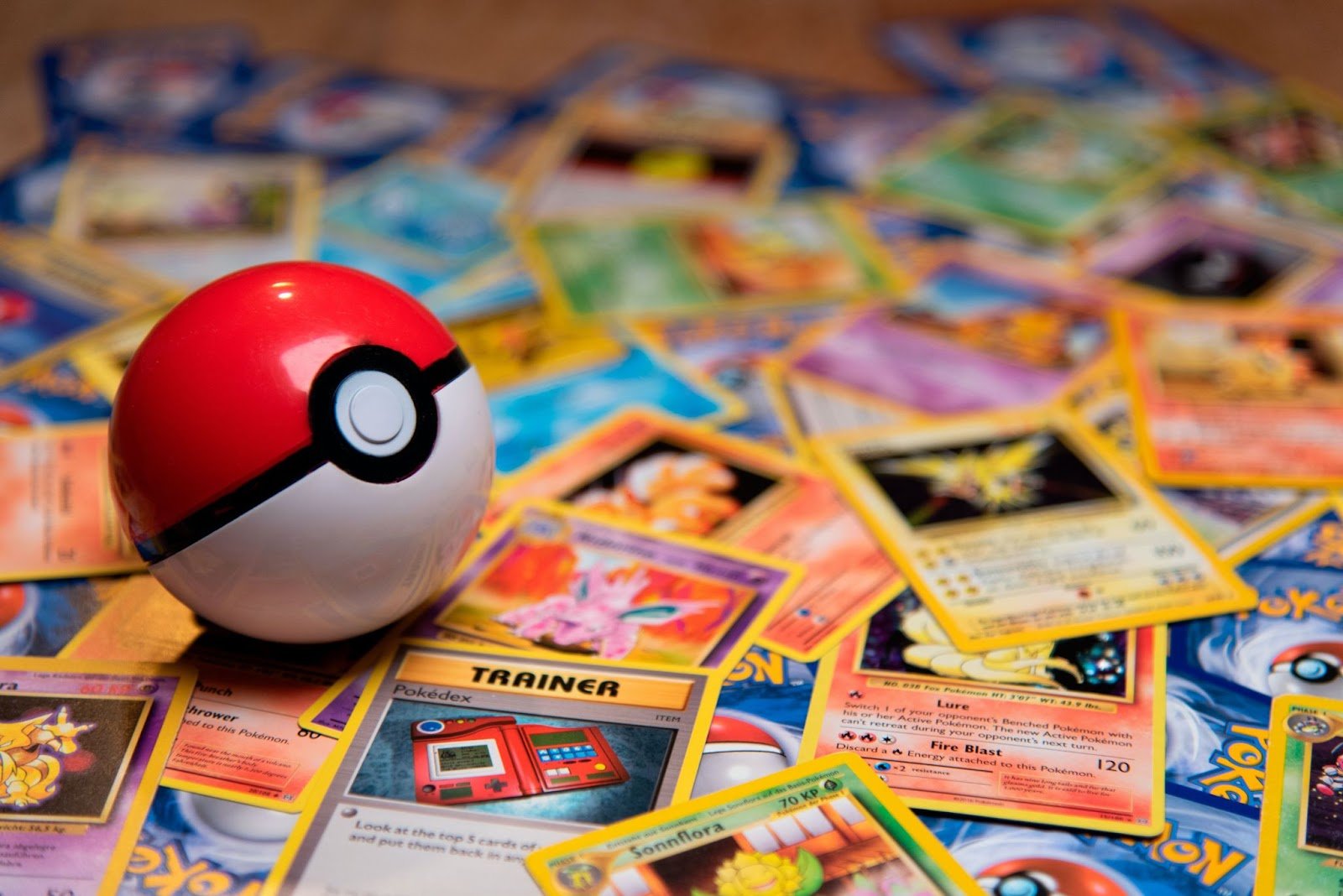Have you started to consider switching to solar power? For many people, the benefits of solar energy are clear. You help the environment, and you reduce your electric bill.
If you’re ready to make the switch from traditional electric power to solar panels, you’ve come to the right place. Here are some key questions to ask before buying solar panels.
1. Is My House Right for Solar?
When deciding to buy residential solar panels, it’s important to ask yourself if your house is suitable for solar. The size and placement of your roof, the orientation and the way it is angled towards the sun, the amount of shade, obstructions blocking the sun, and local weather patterns and climate can all be factors to consider.
Constantly changing weather patterns like rain, snow, or hailstorms will affect how much energy your panels can produce. You should also assess your electricity and hot water usage.
This will determine what type, size, and number of solar panels you need to make an effective home solar energy system. If you think your home is suitable for solar, make sure to click on blueravensolar.com to get the best solar panels available!
2. Is My Electricity Bill High Enough to Go Solar?
Before making the decision to buy solar panels for your home, it’s important to consider your current electricity bill. Solar is an expensive investment and you want to make sure you are getting enough bang for your buck.
A good way to start is to compare your current electricity bill to what you would pay for a solar panel system over the life of the system. Knowing your electricity bill can help you make an informed decision about whether or not solar is the best option for you and your family.
3. How Should I Finance My Panels?
As technology continues to evolve, the cost of installing solar systems is decreasing. This makes solar more and more affordable. The way you finance your solar panels will depend on whether you want to own the system or lease it for a monthly fee.
To own the system, you will need to pay for it upfront, either with savings or with a loan. A loan provides advantages such as tax incentives. So it is recommended to look for financing options such as credits, grants, and other incentives.
Also, solar companies can offer a purchasing plan that makes it easier to pay for the system over time with a financeable payment. With any financing option, it is important to understand all the terms and conditions. Like the interest rate and repayment terms, before moving forward in the process.
4. How Much Money Will I Save With Solar?
Before purchasing solar panels for your home, another important question to ask is how much money will you save with solar. To accurately answer this question it is important to consider several factors. First, what is your current electricity bill?
This will give you an idea of how much you are currently spending on electricity. Next, what kind of financial incentives are offered in your state or city? Some states may offer solar tax credits or subsidies.
Also, what are the estimated costs of installation and yearly upkeep? This will let you know how much you need to invest to install solar panels and how much it will cost to maintain them.
5. What Type of Panels Should I Be Looking For?
When you are shopping for solar panels for your home, it’s also important to ask what type of panels you should be looking for. You should investigate the differences between monocrystalline, polycrystalline, and thin-film solar panels to determine their strengths and weaknesses.
Monocrystalline panels are usually the priciest due to their higher efficiency and longevity, but they may not be worth the extra money unless you have limited space to work with.
Polycrystalline solar panels are less efficient than monocrystalline, but they are more affordable. Finally, thin-film panels are the least efficient, but they are also the most economical and require the least amount of space.
6. How Long Will My Solar Panels Last?
When deciding which solar panels to buy and install, always ask the question, “How long will my solar panels last?”. This is because the longevity of your solar panels plays a major role in their return on investment. Generally, most solar panels should last between 20-25 years with proper maintenance, but this timeframe should be verified with the installer.
7. Do Solar Panels Have a Warranty?
Before buying solar panels for your home, it is important to ask about the warranty. Most solar panel warranties cover only the material and workmanship of the solar panel system. It is important to check with the manufacturer to determine the length of the warranty, any exclusions or limitations, and any special warranty costs that may be associated with the solar panels.
8. Will the Panels Be On-Grid or Off-Grid?
On-grid solar panels are connected to the main energy grid, which means you can use the backup energy from the grid when the solar panels can’t generate enough energy for your needs. Off-grid solar panels are disconnected from the grid and provide energy only from the solar panels. The difference is important because it determines how much money you will save in the long run.
9. Where Will the Solar Panels Be Placed?
The placement of solar panels is crucial and should not be taken lightly. The size and orientation of the panel matter as different factors like annual sunlight hours, light shading, and temperature vary greatly. Make sure the area is south-facing and that the panel is at an optimum angle.
10. How Long Will It Take To Install Solar Panels?
This question will help you gauge the timeline for the entire project. Factors to consider include the size of your project, the type of images you have selected, as well as the complexity of the installation process. Although the specifics may vary, you can generally expect the installation process to take anywhere from 2-4 weeks to complete, depending on the size and scope of your project.
Ask the Right Questions When Buying Solar Panels
When it comes to buying solar panels for your home, asking the right questions is key. Finding out your local incentives, the best brand and the installation costs is paramount.
By doing your research and asking the right questions, you can ensure you have a successful solar panel system in your home. Start researching today and experience the power of solar!
Did you find this article helpful? Check out the rest of our blogs!



















